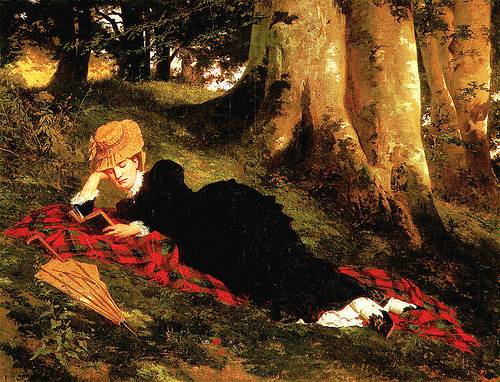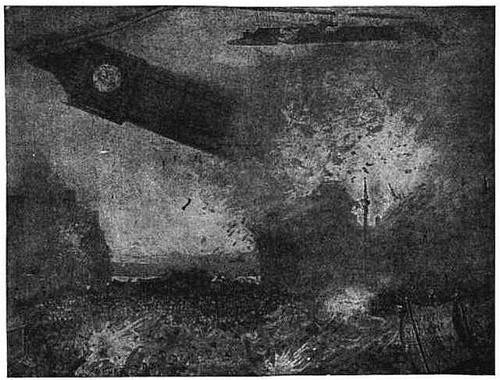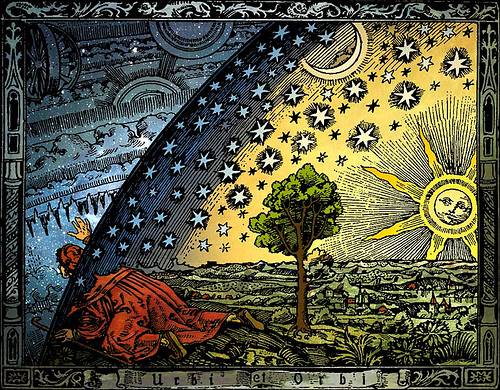Hamlet’s “to be or not to be” soliloquy, rendered in Newspeak by J.A. Lindon:
Person or unperson. Query.
Unbellyfeel Ingsoc, oldthink, ownthink,
(PLUSUNGOOD THOUGHTCRIME. PENALTY: UNLIFE)
Or Ingsoc foolthink doubleplusungood
Own unlife bellyfeel, make self unlifer,
Unperson, unofficial. (PENALTY: JOYCAMP)
Only unwake: become unlifer. (FOOLTHINK)
Unwake, and thusby unperform our Ingsoc duty
(GOODWISE NOTE: BIG BROTHER IS WATCHING YOU)
Seems goodthink (DOUBLEPLUSUNGOOD THOUGHTCRIME).
Unwake: become unlifer.
Unwake — ungoodwise dream (PLUS-CERTAINFUL
SELF-BRINGED RESULT) —
Yes, there is the unsmoothness —
Correctful treatment in the Miniluv,
Post fail-maked self unlifer with a cord,
Is allsuch stopful — yes, there is the reason
We still goodwise perform our Ingsoc duty
Until we’re vaporized, although (CRIMETHINK)
Unbellyfeeling Ingsoc and Big Brother,
The Junior Anti-Sex League, rationed goods,
Sternness of Inner Party and its just
And ungood “watch and query” note on us,
We seemcould oldthink “free” perhaps become
With a bigneedle. (FOOLTHINK) Who would work,
Prolewise and sweatful, doubleplusunfresh,
For Ingsoc if he bellyfeeled to know
Correctful treatment in the Miniluv
That joyful place from which so few return,
And those how bigwise changed? Plusgooderwise
We live goodthinkful til some Spy reports us,
For IGNORANCE is STRENGTH, FREEDOM is SLAVERY,
And WAR (against the Party) brings NO PEACE
Inside the Miniluv till we become
Unpersons (now OFFICIAL). But unhard!
The clingful and face-crimewise-good-to-see
Ophelia! Joysexful girl, forget
My many faults in your Two Minutes Hate!
See also Hamlet in Klingon and GRKTRGDY.



